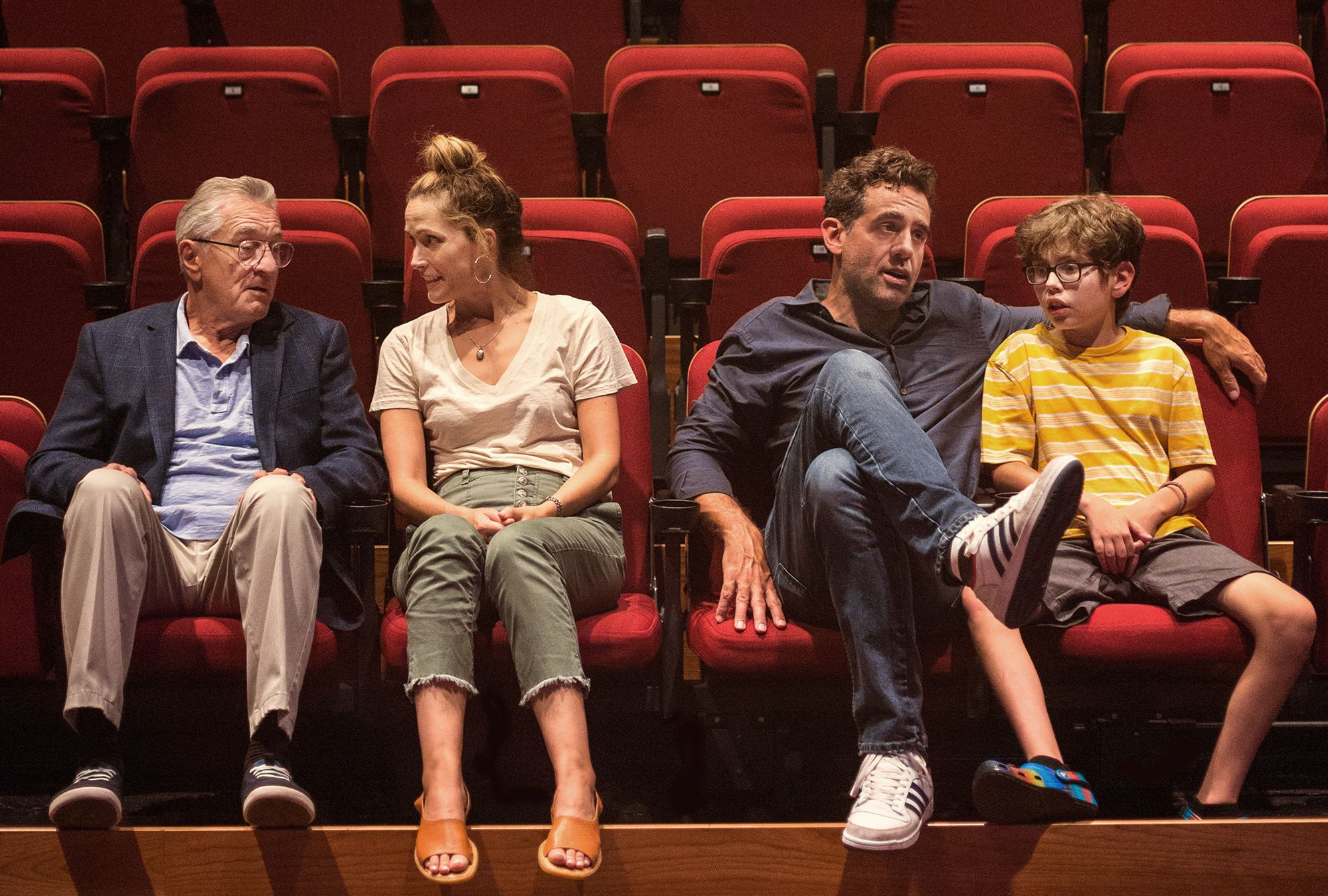
Golden Globes Salutes Disability Pride Month
July is Disability Pride Month, which is important for the Golden Globes to recognize: The entertainment industry has been working hard to be more inclusive, but disabilities are too frequently overlooked.
The Globes has extensive archives, since the awards go back to the 1940s. But the Archives are slim when it comes to depictions of disabilities; this isn’t the fault of the Globes, but due to a lack of films and TV shows to consider.
One happy exception to this is Bleecker Street’s “Ezra,” which opened this year. It tells the story of a standup comic (Bobby Cannavale) bonding with his young son Ezra (William A. Fitzgerald), who’s on the autism spectrum. The Tony Goldwyn-directed film, distributed domestically by Bleecker Street, is entertaining and it’s notable for authentic casting: Fitzgerald himself is on the spectrum, even though most disabled characters have been played by able-bodied actors, including several Golden Globe winners.
There are a few other notable TV and film projects, such the 2023 film “Champions,” directed by Bobby Farrelly and distributed by Focus Features; it stars Woody Harrelson as the coach of a team composed of players with learning disabilities.
Also notable was Netflix’s 2023 “All the Light We Cannot See,” starring Aria Mia Loberti. The show was Globes-nominated as best TV limited series, anthology or telefilm. Loberti hates the term “blind actress,” saying simply, “I’m an actor … Blindness, to me, is the equivalent obstacle of having anxiety and being clumsy and awkward and nerdy. It’s not something that I should put in front of my occupation.”
These and a few other notable works are carrying the tradition of “The Best Years of Our Lives” (1946) won two Golden Globes: For best picture, and a special award to Harold Russell for his acting debut as a WWII vet who’s had both of his hands replaced with hooks. Aside from its multiple awards, the film was the highest-earning movie of 1946.
Decades later, Apple’s 2021 “CODA” was a two-time Globes nominee, for best picture-drama and for supporting actor Troy Kotsur.
The film stars Marlee Matlin, a Globes winner as best actress for her film debut, “Children of a Lesser God” (1986) and earned two nominations in the 1990s for her starring role in the TV series “Reasonable Doubts.”
Since Hollywood loves to imitate success, it’s surprising that the success of these works didn’t spawn more imitators.
One goal is to get more representation on camera; another is to get disabled workers behind the camera. Creating film and TV works is all about daily problem-solving, and who’s better at this than disabled workers, whose life is a series of overcoming obstacles, both large and small?